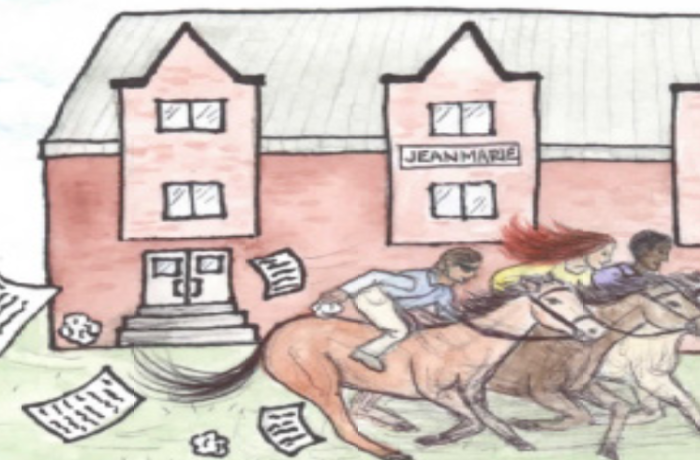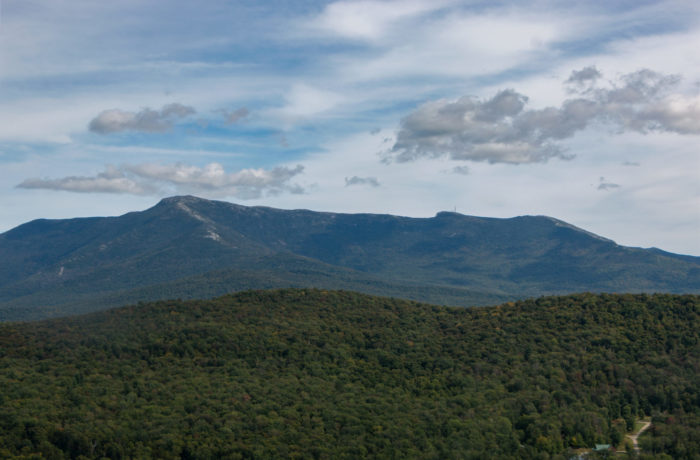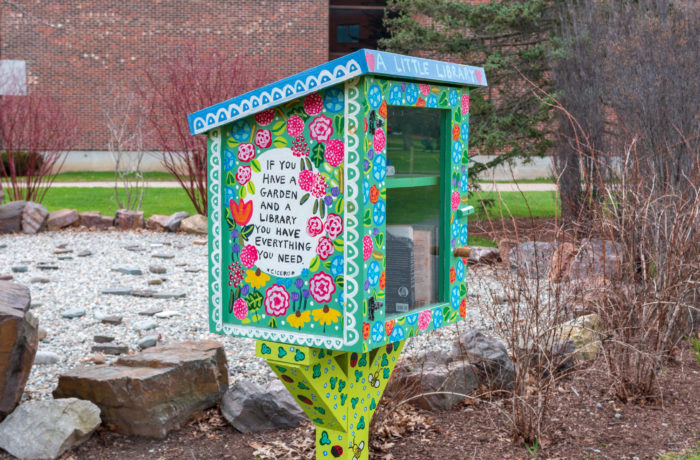Another April 20th has come and gone. For some people it is just another day; however, for others it is a day to indulge in smoking cannabis. The reasoning behind this specific date originates with a group of high school students in California in the 1970s, who called themselves “the Waldos,” according to CNN. Basically, The group found that 4:20 p.m. was the perfect time to smoke cannabis. They were just getting home from school, and their parents were not home from work yet, so they had the freedom to do it. Then the number 420 became a code for them in front of their parents. This later spread from these students into other parts of California and throughout pop culture, and we still use the reference today.
In celebration of the cannabis holiday, hundreds of students gather at the University of Vermont on Redstone Campus to light up at 4:20 p.m. on April 20th. This is not a school-sanctioned event, and people do receive tickets for possession. However, if they are under 21 years of age, upon completion of a court diversion program available through Chittenden County, the tickets need not be paid.
Cannabis is decriminalized in Vermont. This means persons over 21 years of age that are in possession of under an ounce of marijuana will only be fined $200 with no jail time. The fines vary by age and how much is in a person’s possession. State legislators, however, are working to fully legalize the possession of marijuana.
Senators Jeanette White (D-Windham) and Dick Sears (D-Bennington) plan to push for marijuana legalization during the 2017 sessions. Last year the bill passed the senate but it did not pass the house. However, there are high hopes for it to pass the House The bill allows for the possession of up to an ounce of marijuana and the cultivation of two mature plants and four seedlings. In 2017, the bill has passed the state Senate. The bill is currently before the House Committee on Human Services, and is said to appear before the full House sometime this week before the sessions at Montpelier come to an end.
The burning question here is: what would happen to the rules on marijuana here at St. Michael’s if the bill goes through? The Defender has found the answer.
“It’s not based on what St. Michael’s wants to do,” said Doug Babcock, director of Public Safety. “The issue is with the federal government. They have not changed the law; [marijuana] is illegal. We as an institution receive federal money and we cannot defy federal law because we receive that federal money.”
The federal money that is received goes toward financial aid for students. So, if the state of Vermont legalizes the possession of marijuana, it will still remain illegal on campus.
President John Neuhauser is also worried about cannabis on campus from a developmental health standpoint.
“I’ve gone to seminars…and frankly they changed my mind. It made me real nervous about cannabis on two levels,” Neuhauser said. “The variability and potency is alarming. It is not like it was thirty years ago when it was uniform and relatively weak. The potency can differ on three orders of magnitude.”
In these seminars, Neuhauser learned not only how cannabis has changed over the years but how it affects the young people’s’ minds.
“They now believe that in higher doses, it’s very addictive,” Neuhauser said. “They also believe that it not only slows the development of the prefrontal cortex, but in some individuals, mostly males, stops it. So they said until we learn more about this, this is really scary because it could be legal and it doesn’t seem to have this effect on people beyond the age of 26 or 27, therefore I would be very nervous about it.”
These findings are important to keep in mind for educators on college campuses in states where marijuana is being legalized.
“If the federal government changed we would comply with the law,” Babcock said. “We have to go with whatever the strictest law is. If they changed their position, or in some way made cannabis more permissible, it would be up to the institution at that point–and without having an actual law it is hard to say what would happen.”


